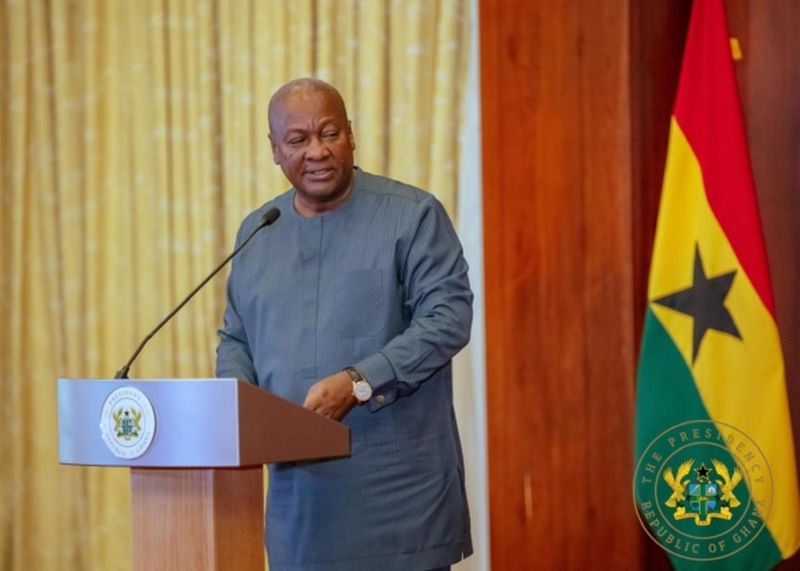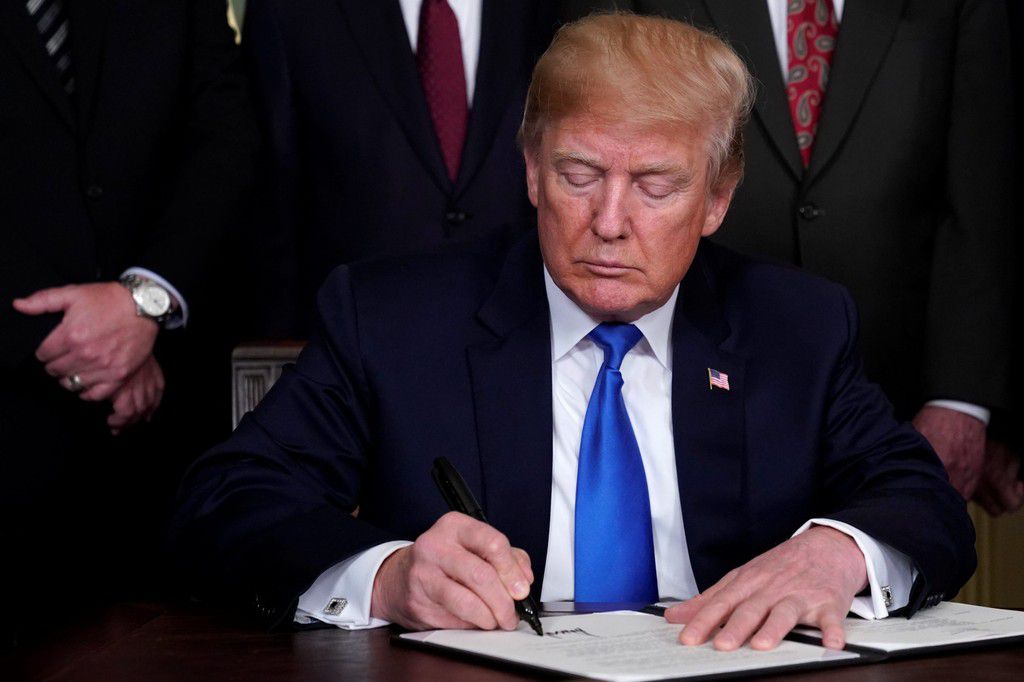
In Ghana, the shift towards a cashless economy is gaining momentum, and small business owners like Ms Hannah Bilila are at the forefront of this revolution.
As the owner of an online clothing store, Ms Bilila has witnessed firsthand the convenience and efficiency of cashless transactions.
“It’s through the digital payments system that we online store owners make money, we do not know our clients nor do they know us, they see our advertising online and make purchases and payments online and the items are delivered to them,” she said.
On a typical Monday morning, Ms Bilila set out to purchase orders for her online clients at Tudu market.
However, she realised she didn’t have enough physical cash on her, as most of her customers had paid through her mobile money and bank accounts over the weekend.
With only GH¢43 in her purse, she was not worried, knowing she could rely on digital payment methods to complete her transactions.
As she navigated the market, Ms Bilila effortlessly made payments using her mobile money account, bank app, and QR codes.
These platforms are regulated by Ghana’s central bank which owns the Ghana Interbank Payment and Settlement Systems Limited (GhIPSS).
The platform seeks to promote digital financial activities, a key component of Digital Public Infrastructure.
From the driver who took her to the market to the various vendors she purchased from, digital payments were the norm and she did that seamlessly.
By 7 am, she had completed all her purchases, and the convenience of cashless transactions had saved her time and hassle.
As the country continues to push towards a cashless economy, stories like Ms Bilila’s highlight the progress being made and the challenges that still need to be addressed.
The rise of digital payments systems
Digital payment platforms offer consumers and businesses a convenient and secure way to make transactions, reducing the need for physical cash.
According to the Bank of Ghana, cashless payments and digital banking were not new subjects in the banking discourse.
Over the past two decades, the Ghanaian payments industry has undergone significant transformation on account of the adoption of digital technology.
BoG said the COVID-19 pandemic has brought to the fore the critical role of Digital Financial Services in promoting financial inclusion, business continuity and sustainability, particularly medium and small scale enterprises (MSSEs) and global trade.
It added that the 2017 Global Findex Report highlighted the notable contribution of mobile money to an increase in country’s financial inclusion from 41 per cent in 2014 to 58 per cent in 2017, a time when total mobile money accounts was 11.1 million.
Mobile money accounts had since recorded phenomenal growth with total accounts of 18.4 million as at end-October 2021.
The report noted that the number of mobile money accounts and the total volume of transactions increased dramatically from 3.78 million and 18.0 million in 2012 to 7.17 million and 113.18 million in 2014, respectively, following the implementation of the Electronic Money Issuers Guidelines (EMIG) and Agent Guidelines (AG) in 2015.
Participation of MSMEs in digital payments systems
“A major observation made during the COVID-19 pandemic was the extremely low participation of micro, small and medium scale enterprises (MSMEs) in the digital economy,” BoG said.
In order to pay for products and services, many customers still had to cash out from their mobile money wallets, even though merchant wallet transactions rose during the lockdown.
BoG said it implemented a three tier merchant account on-boarding scheme to enable businesses of various sizes to accept digital payments.
“Similarly, the Ghana Interbank Payment and Settlement System (GhIPSS) in collaboration with industry stakeholders have deployed a universal QR Code called the GhQR code to promote an affordable alternative to Point of Sale (POS) devices and encourage MSMEs to accept digital payments.”
“Also, a consumer-friendly interchange fee has been implemented to allow users of mobile money to make interoperable merchant payments at points of sale using GhQR code without transaction fees,” the report highlighted.
However, as the use of digital payment platforms grows, so do concerns about the E-levy charges.
However, as Ms Bilila reflected on her experience, she couldn’t help but worry about the E-levy charges on her transactions.
With payments totalling almost GH¢6,000, she had incurred E-levy charges of over GH¢50. For a small business owner like herself, these charges can be a significant burden.
Despite this concern, Ms Bilila remains a staunch advocate for cashless transactions. She believes that the benefits of convenience, efficiency, and security far outweigh the costs.
She noted that going to market these days was stress-free due to the digital payments system.
One does not need to carry large amounts of cash and be worried about being robbed or having to join a long queue in order to make payments.
She recalled a few years back, when she had just started her business, she had to carry large sums of money while purchasing items for her clients, adding that she was always holding her bag tightly, because she didn’t want to fall victim to pickpocketing.
As Ghana continues to navigate the challenges and opportunities of a cashless economy, it is essential to strike a balance between promoting digital payments and addressing concerns about E-levy charges.
Cyber crimes and security
BoG said as online transactions increased, criminals were shifting their activities to cyberspace, posing risks of money laundering, terrorism financing, and data breaches.
To address these concerns and promote confidence in digital financial services (DFS), the Bank of Ghana has mandated service providers to implement measures to protect systems from cyber-attacks, comply with anti-money laundering and combating the financing of terrorism guidelines and protect customer data and privacy in accordance with the Data Protection Act, 2012 (Act 843).
By building a secure and trustworthy ecosystem, it will help increase acceptance of digital payments and scale up financial inclusion.
This report is produced under the DPI Africa Journalism Fellowship Programme of the Media Foundation for West Africa (MFWA) and Co-Develop
BY CECILIA YADA LAGBA
The post MSMEs leveraging the benefits of Ghana’s digital economy growth appeared first on Ghanaian Times.
Read Full Story

















Facebook
Twitter
Pinterest
Instagram
Google+
YouTube
LinkedIn
RSS